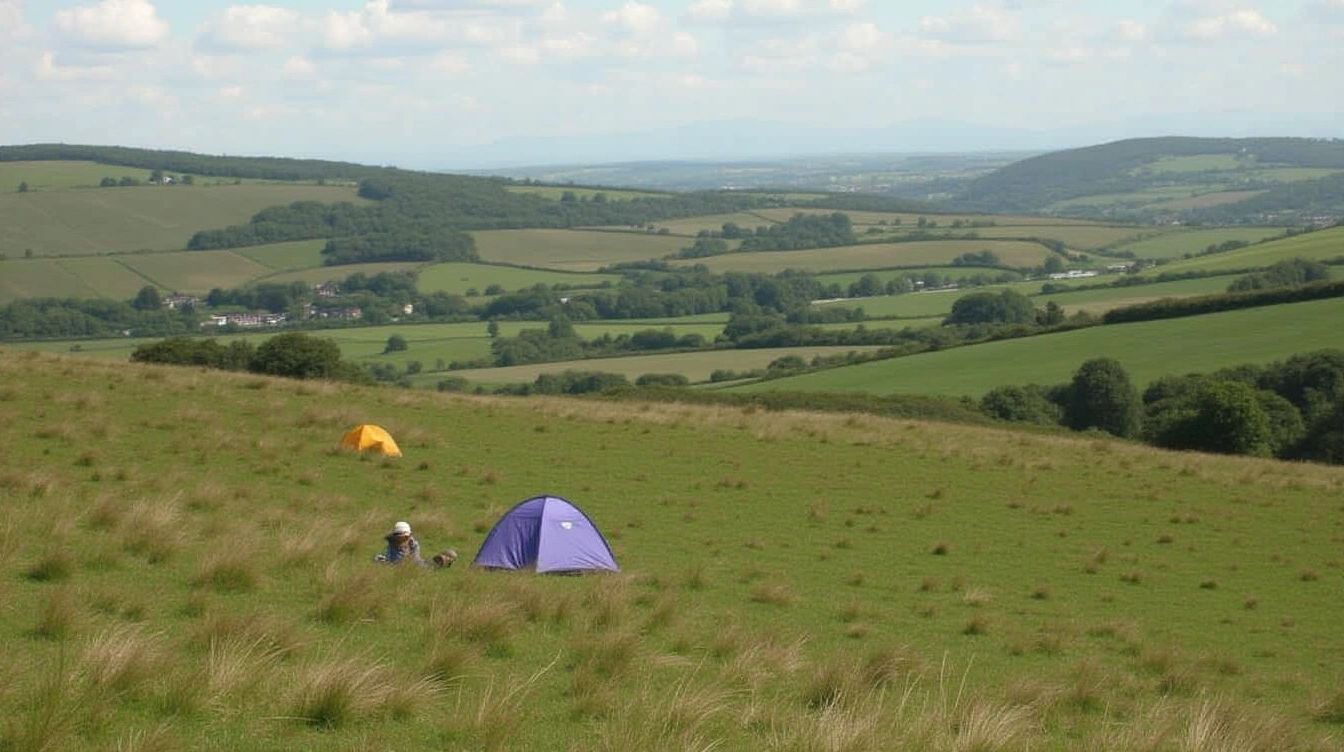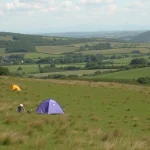Unique Environmental and Legal Challenges in the UK Countryside
The UK countryside presents distinct challenges for campers, especially given the unpredictable UK weather conditions. Rain and sudden changes in weather frequently turn grassy areas into muddy, uneven ground, making pitching tents and walking cumbersome. This terrain demands careful preparation, such as durable waterproof gear and sturdy footwear, to ensure comfort and safety.
Navigating wild camping laws in the UK can be complex. Unlike some countries with more permissive camping rules, Britain typically restricts wild camping. Without explicit landowner permission, campers may face legal issues, especially on private lands or protected areas. Understanding the specifics of countryside access laws is vital before planning a trip. Areas like parts of Scotland offer more lenient policies, but England and Wales enforce tighter restrictions.
Additional reading : How Can Unique Camping Experiences Enhance UK Tourism?
Additionally, rural footpaths can be narrow, slippery, and difficult to traverse, adding to the physical demands. These environmental and legal factors combine to make UK camping a unique experience that requires both respect for nature and adherence to local regulations for a successful adventure.
Dealing with Wildlife and Natural Hazards
Encountering UK wildlife is a natural part of countryside adventures. Campers often meet livestock like sheep and cows, which usually keep to themselves but should not be approached closely, especially with dogs. Insects such as midges and ticks can be bothersome; using deterrents and checking for ticks after walks is essential for safety. Nocturnal animals like foxes or badgers are mostly elusive, but securing food properly helps avoid unwanted nighttime visits.
Have you seen this : What Are the Best Sites for Camping in the UK?
When it comes to natural hazards countryside presents, awareness is key. Flooding can occur suddenly near rivers or low-lying areas; checking weather forecasts beforehand reduces risks. Dense fog impairs visibility, so using GPS devices or marked paths can prevent getting lost. Understanding these safety tips for campers ensures a more secure experience in the wild.
By respecting wildlife boundaries and preparing for environmental conditions, campers can enjoy the countryside without compromising safety. Simple actions, like keeping a safe distance from animals and being ready for rapid weather changes, form the basis of responsible outdoor conduct in the UK’s natural settings.
Overcoming Limited Amenities and Isolation
Practical tips for rural camping comfort
Camping in the UK countryside often means facing limited amenities such as unreliable water supply, few toilets, and scarce waste disposal options. To cope, bring sufficient water for drinking and washing, plus portable toilets or biodegradable bags to manage hygiene responsibly. Planning ahead ensures you aren’t caught off guard by the lack of facilities, making your stay more comfortable and sustainable.
Staying connected while rural camping can challenge even the tech-savvy. Mobile signal may be patchy or non-existent, so consider carrying a power bank and a signal booster if available. Let someone know your itinerary in advance; this safeguards your safety in isolated places. Preparing for isolation includes packing a reliable first-aid kit, a whistle for emergency alerts, and a flashlight.
By proactively addressing sparse UK countryside amenities, you make your rural camping experience both enjoyable and secure. Adaptation and preparedness turn isolation from a potential worry into an opportunity to embrace nature without stress.
Practical Solutions and Preparation Tips
When planning a camping trip in the UK, focusing on UK camping tips ensures a comfortable and safe experience. Given the UK’s unpredictable weather, packing layered, waterproof clothing is crucial. A durable, all-weather tent and robust sleeping bag tailored for cool, damp conditions form essential gear.
Reliable navigation aids are a must. While GPS devices offer real-time location tracking, they may lose signal in dense woodlands or remote moorlands. Therefore, carrying a detailed physical map and a compass remains invaluable. Local resources like visitor centres often provide updated trail information and advice suited to the area, enriching your navigation toolkit.
Preparation is key to mitigating common risks in the UK countryside. Informing someone of your itinerary, checking weather forecasts, and planning routes with clear exit points help manage unforeseen circumstances. Bringing a basic first-aid kit and a portable power bank can address emergencies effectively.
By combining smart gear choices, navigation aids, and thorough planning, you embrace a practical approach to UK camping. This preparation transforms the unpredictable into an enjoyable adventure.






